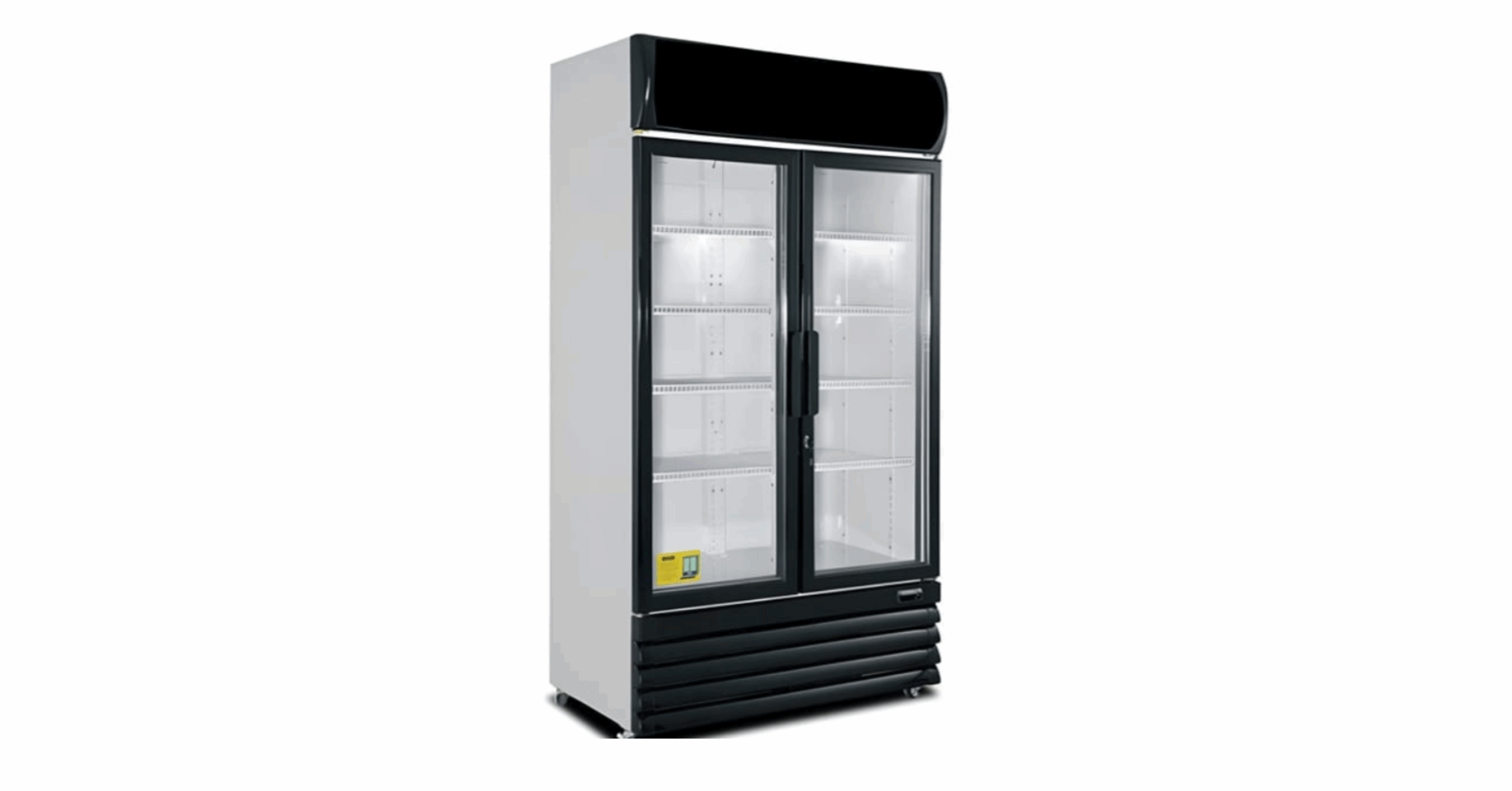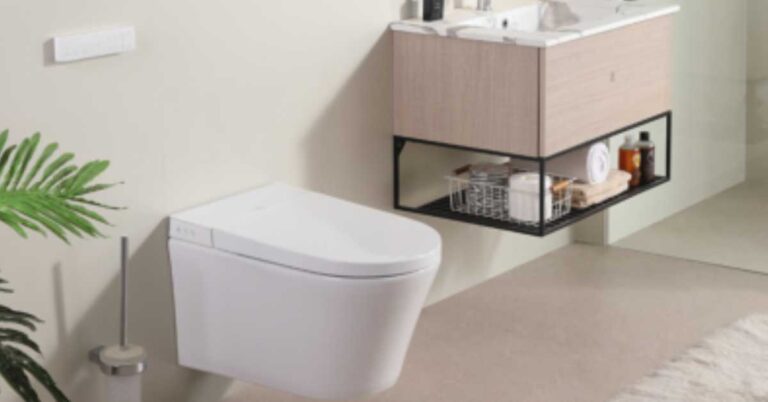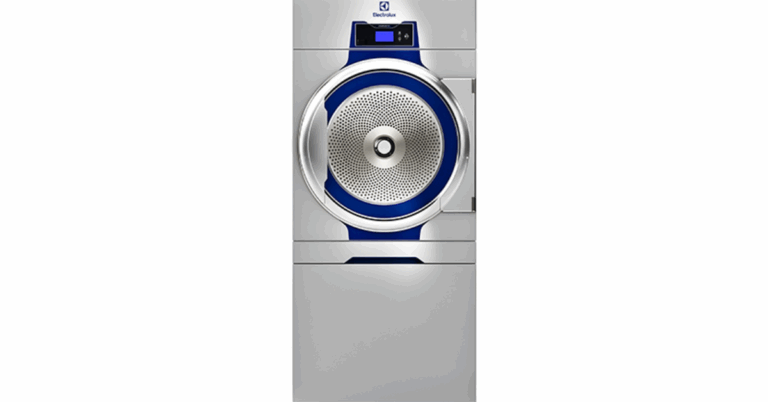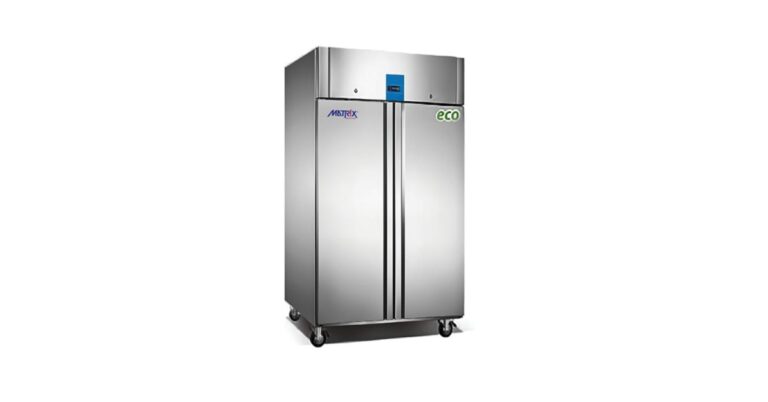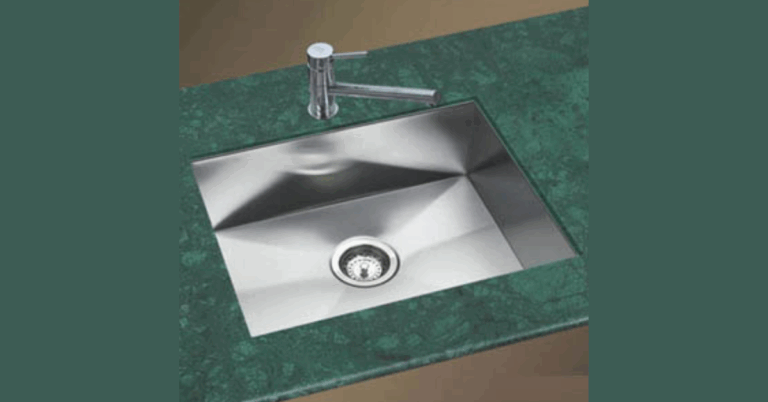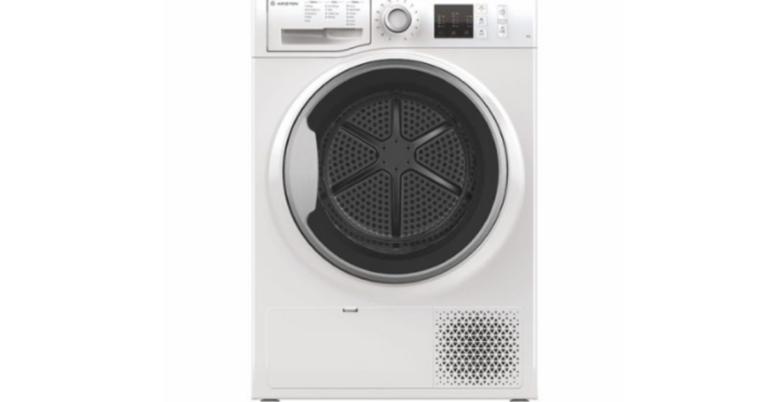Marine Chiller Supplier 220V 60Hz – A Complete Guide
When it comes to ensuring the smooth operation of marine vessels, choosing the right cooling systems is crucial. A Marine Chiller Supplier 220V 60Hz plays a vital role in providing reliable equipment designed specifically for the demanding conditions of marine environments. Ships, yachts, and cruise liners require efficient chillers that can maintain temperature stability, ensure passenger comfort, and protect onboard equipment from overheating. In this article, we will explore everything you need to know about marine chillers, their importance, and why finding the right supplier is essential for vessel operations.
Understanding Marine Chillers
A marine chiller is a refrigeration system designed to regulate the temperature onboard ships and yachts. Unlike traditional cooling systems, marine chillers must withstand continuous vibrations, humidity, saltwater exposure, and fluctuating power conditions. These systems are responsible for air conditioning, food storage, crew quarters comfort, and maintaining ideal conditions for critical machinery.
The Marine Chiller Supplier 220V 60Hz provides chillers built specifically for vessels that operate on 220V 60Hz power requirements, which is common in many marine regions. Choosing the right specification ensures compatibility with the ship’s electrical system, minimizing the risk of performance issues.
Why Marine Chillers Are Essential
1. Passenger Comfort
For cruise liners and yachts, passenger experience is directly linked to climate control. Without an efficient marine chiller, cabins, dining areas, and entertainment halls would become uncomfortable.
2. Equipment Protection
Engines, control panels, and other sensitive electronics generate heat that needs to be managed. Marine chillers prevent overheating, ensuring equipment longevity and preventing costly breakdowns.
3. Food and Beverage Storage
Onboard kitchens and storage units rely heavily on chillers to keep perishable goods safe. Consistent temperature control is critical for meeting international safety standards.
4. Crew Efficiency
A well-regulated environment helps crew members remain comfortable and productive during long voyages.
Key Features to Look for in a Marine Chiller
When sourcing from a Marine Chiller Supplier 220V 60Hz, vessel operators should consider these important features:
-
Energy Efficiency: A chiller with lower power consumption reduces fuel costs and environmental impact.
-
Durability: Equipment should be resistant to corrosion, saltwater damage, and constant vibration.
-
Compact Design: Space is limited on ships, so chillers must be designed to fit efficiently within available areas.
-
Easy Maintenance: The best chillers allow for quick servicing, with readily available parts and straightforward access panels.
-
Noise Control: Quiet operation is vital for passenger comfort, especially in luxury yachts and cruise ships.
Types of Marine Chillers
-
Air-Cooled Chillers
These chillers use ambient air to remove heat from the refrigerant. They are generally easier to maintain but may not perform as efficiently in extremely hot environments. -
Water-Cooled Chillers
Water-cooled chillers use seawater or freshwater systems for heat exchange. They are more efficient in marine applications, providing stable cooling even in high-temperature climates. -
Custom-Built Chillers
Many suppliers offer custom solutions tailored to a ship’s specific layout, tonnage, and cooling requirements.
Selecting the Right Marine Chiller Supplier
Not all suppliers are the same, and choosing the right one ensures the performance and longevity of your investment. A reliable Marine Chiller Supplier 220V 60Hz should:
-
Provide certified equipment designed for marine use.
-
Offer technical support for installation and troubleshooting.
-
Supply spare parts and accessories to minimize downtime.
-
Have a proven track record in servicing marine clients such as cruise liners, naval ships, and luxury yachts.
-
Ensure compliance with international safety standards, including ABS, DNV, and Lloyd’s certifications.
Benefits of Partnering with a Trusted Supplier
-
Reliability at Sea
Marine voyages depend on uninterrupted cooling systems. Partnering with a trusted supplier reduces the risk of unexpected breakdowns. -
Long-Term Cost Savings
Efficient chillers consume less power and reduce maintenance costs, leading to long-term operational savings. -
Expert Guidance
Suppliers with industry expertise can recommend the best chiller type and size based on your vessel’s unique requirements. -
After-Sales Support
Beyond initial purchase, a good supplier provides continuous support, from spare parts to maintenance advice.
Applications of Marine Chillers
-
Cruise Ships: Ensuring comfortable cabins and recreational spaces.
-
Yachts: Luxury vessels require quiet, compact, and efficient systems.
-
Commercial Vessels: Fishing boats and cargo ships need reliable refrigeration for storage and crew comfort.
-
Military Ships: Naval vessels demand robust chillers capable of withstanding extreme operational conditions.
The Future of Marine Chillers
With sustainability becoming a global priority, marine chiller technology is rapidly evolving. Suppliers are now offering eco-friendly refrigerants that reduce greenhouse gas emissions while maintaining high performance. Smart chillers with automated controls are also emerging, allowing real-time monitoring and predictive maintenance.
For example, some systems integrate with ship management software, enabling crew members to track energy consumption and detect potential faults before they escalate. A forward-thinking Marine Chiller Supplier 220V 60Hz will not only provide reliable equipment today but also prepare vessels for future environmental regulations and technological advancements.
Maintenance Tips for Marine Chillers
To maximize the lifespan of your chiller, vessel operators should adopt regular maintenance practices:
-
Inspect filters and coils for dirt buildup.
-
Check refrigerant levels to ensure efficient operation.
-
Examine electrical connections for wear and tear.
-
Flush water lines to prevent scaling and corrosion.
-
Schedule periodic servicing with certified technicians.
Proactive maintenance reduces the likelihood of breakdowns during voyages and ensures compliance with safety standards.
Conclusion
Marine chillers are the backbone of climate control, equipment safety, and passenger comfort on ships. Whether operating a luxury yacht, cruise liner, or commercial vessel, choosing the right system is critical for efficiency and reliability. A trusted Marine Chiller Supplier 220V 60Hz offers specialized solutions designed to withstand harsh marine environments while ensuring optimal performance.
By selecting a supplier with proven expertise, vessel operators can enjoy peace of mind knowing their cooling systems will function reliably, reduce operational costs, and comply with international marine standards. As technology advances, investing in modern, efficient chillers will not only enhance comfort but also support sustainable marine operations.

